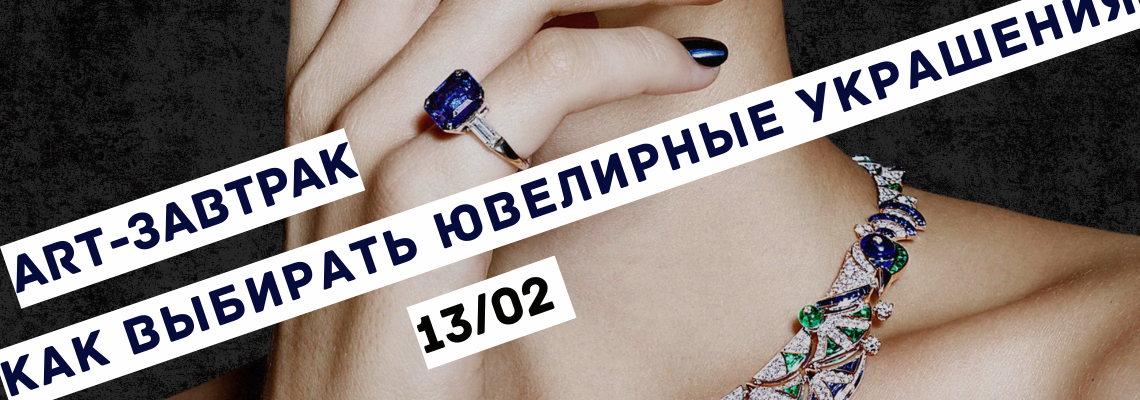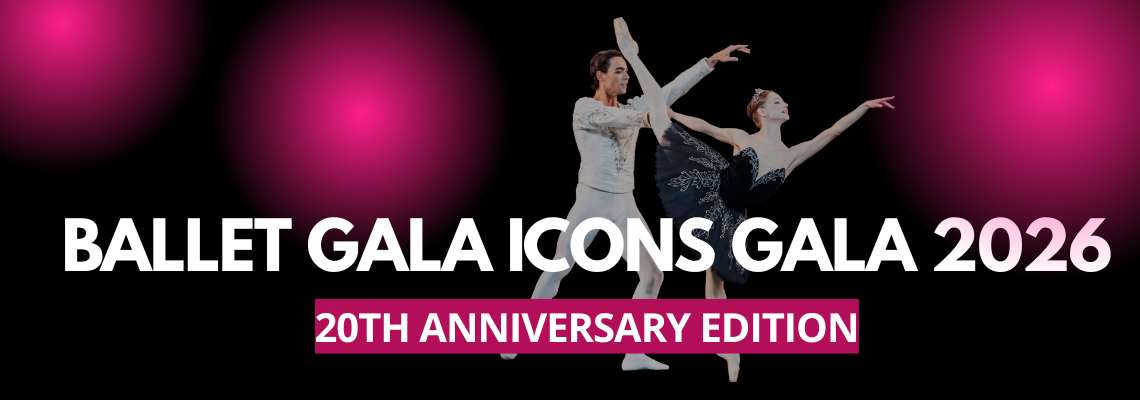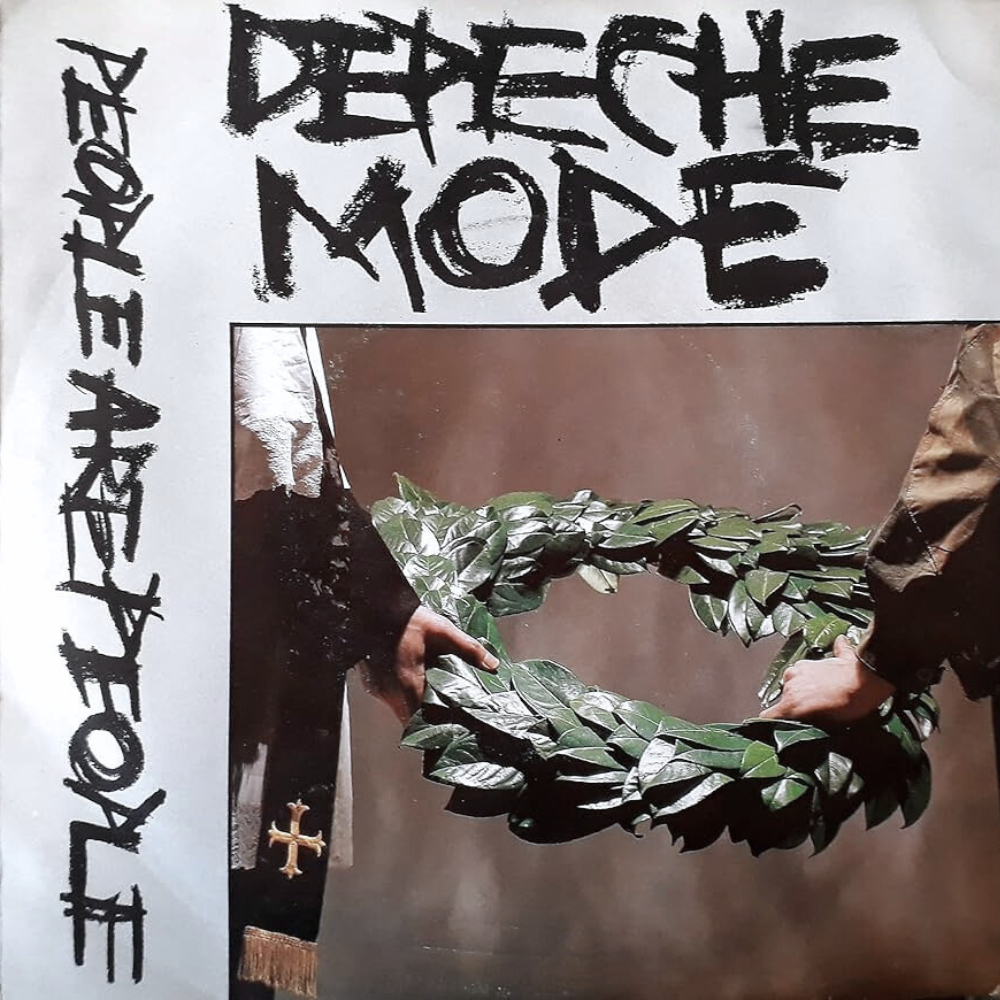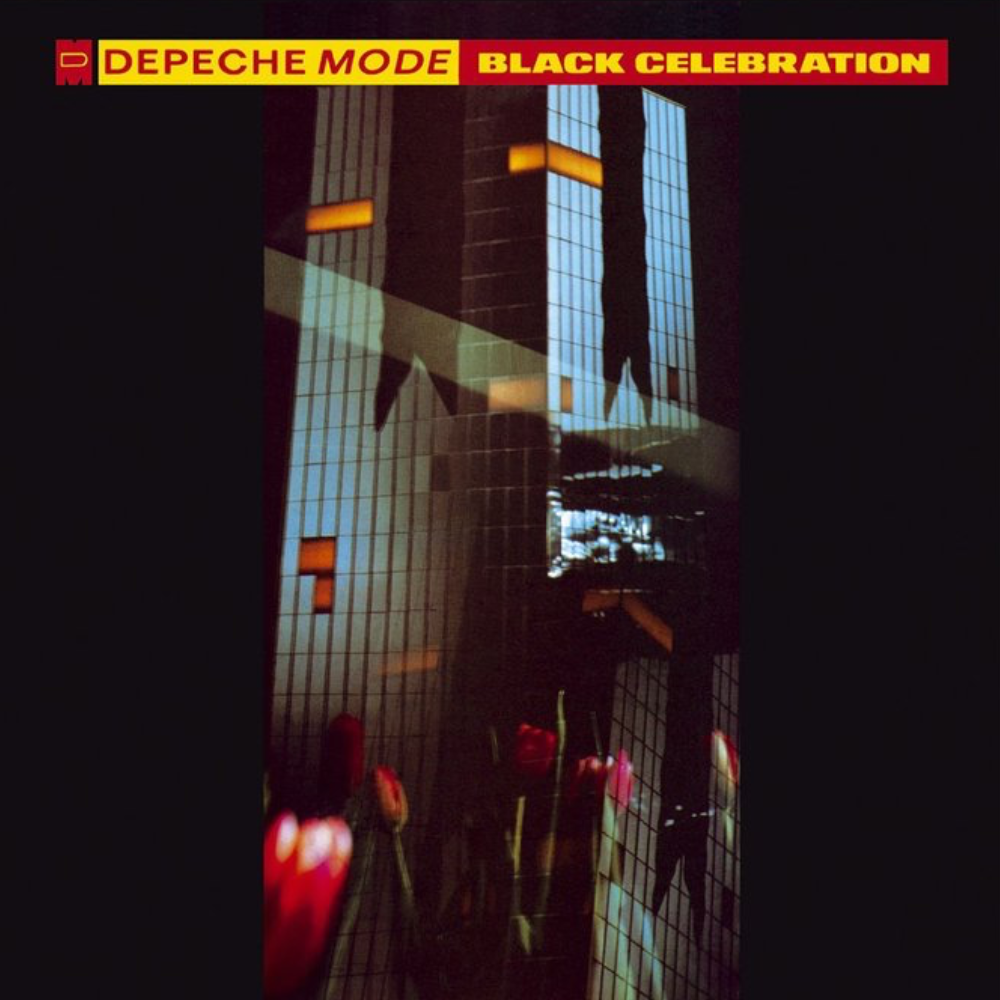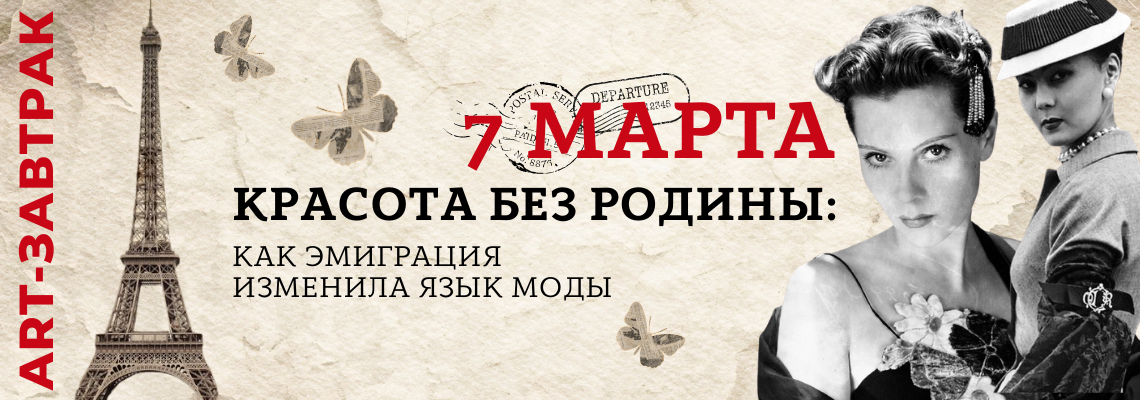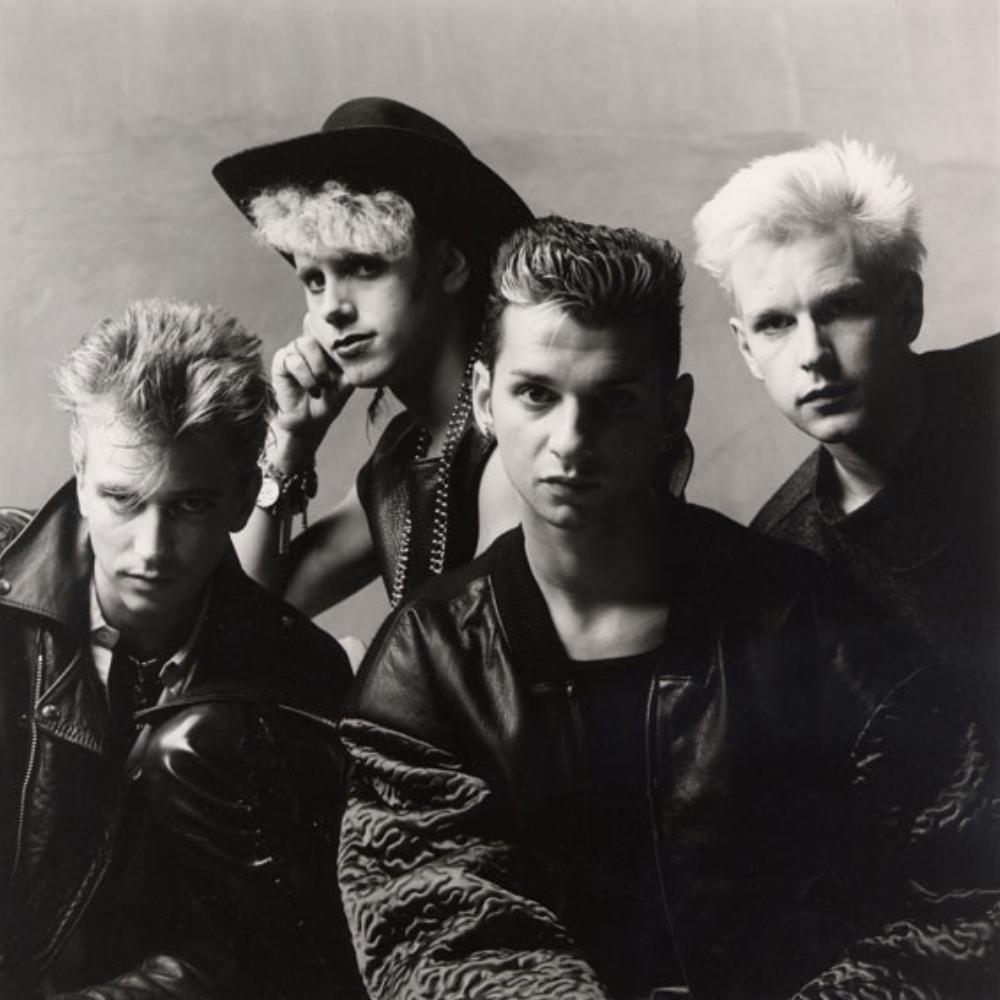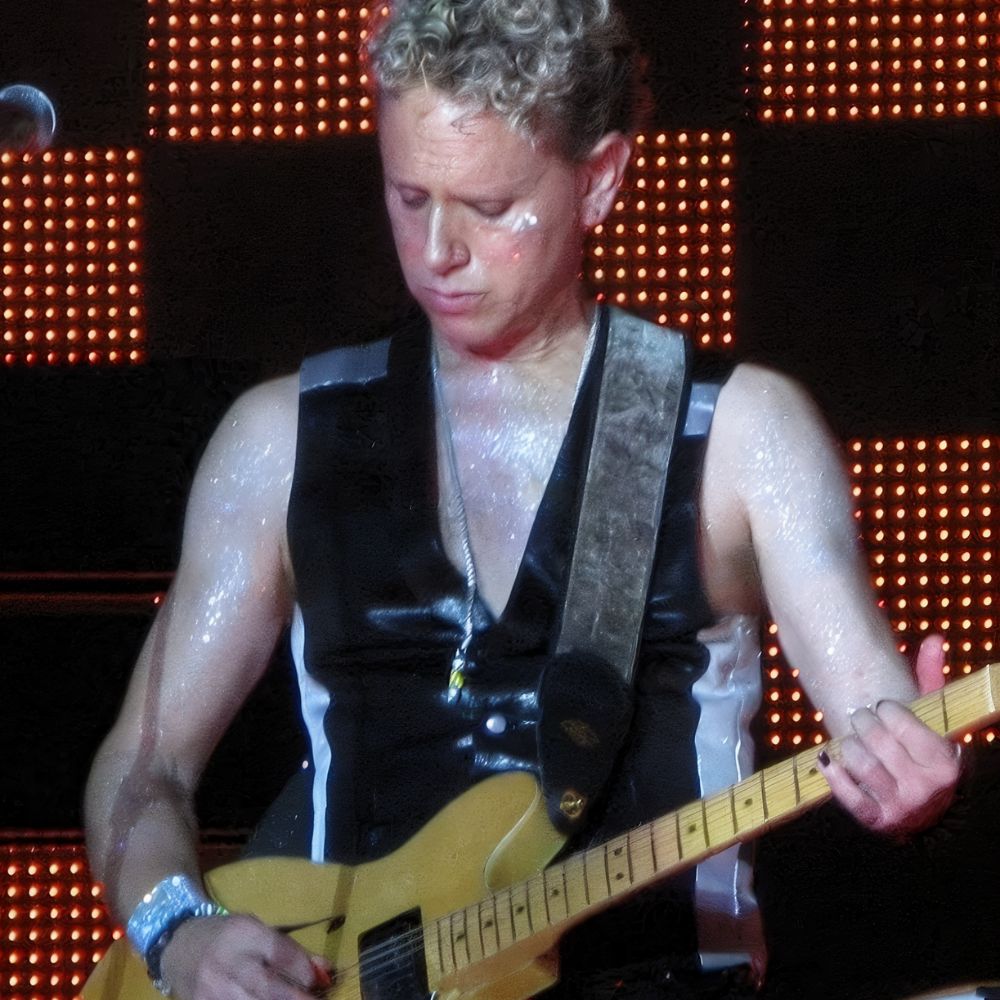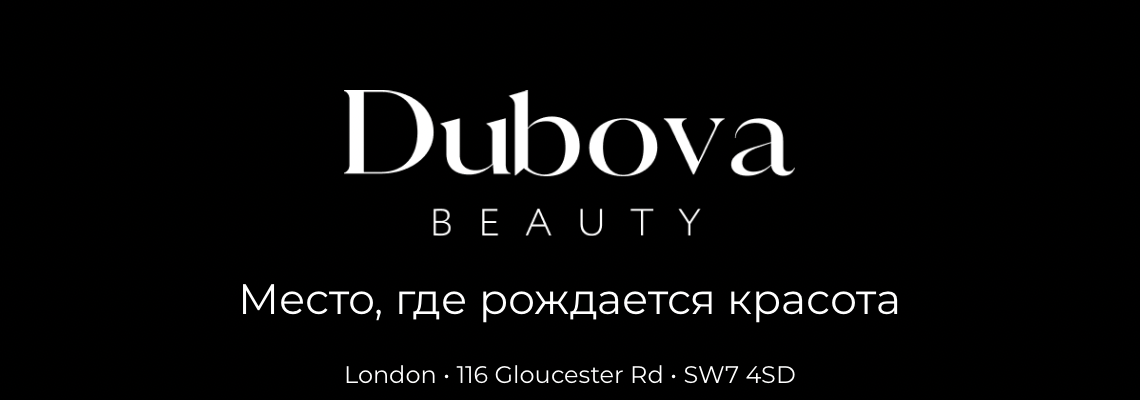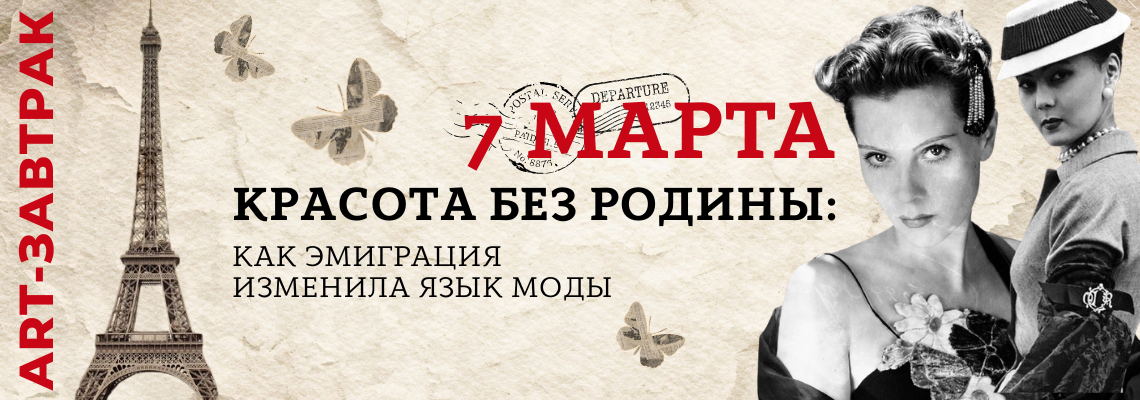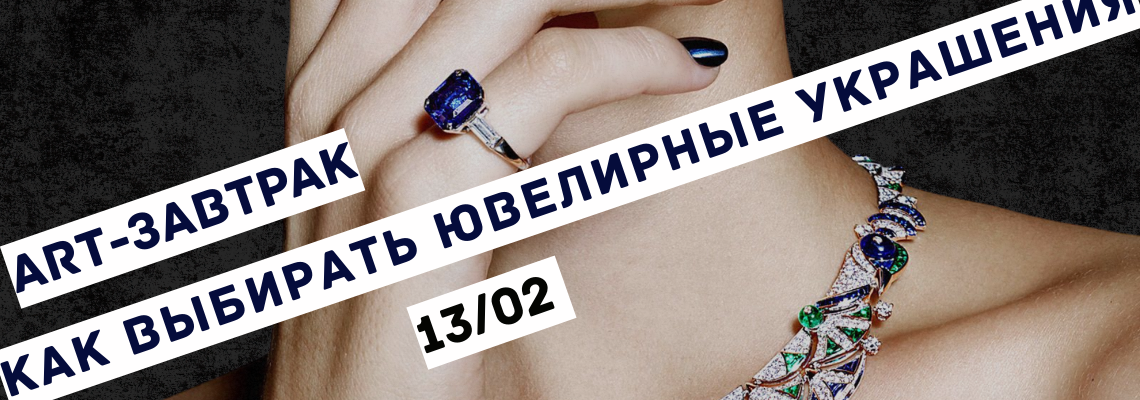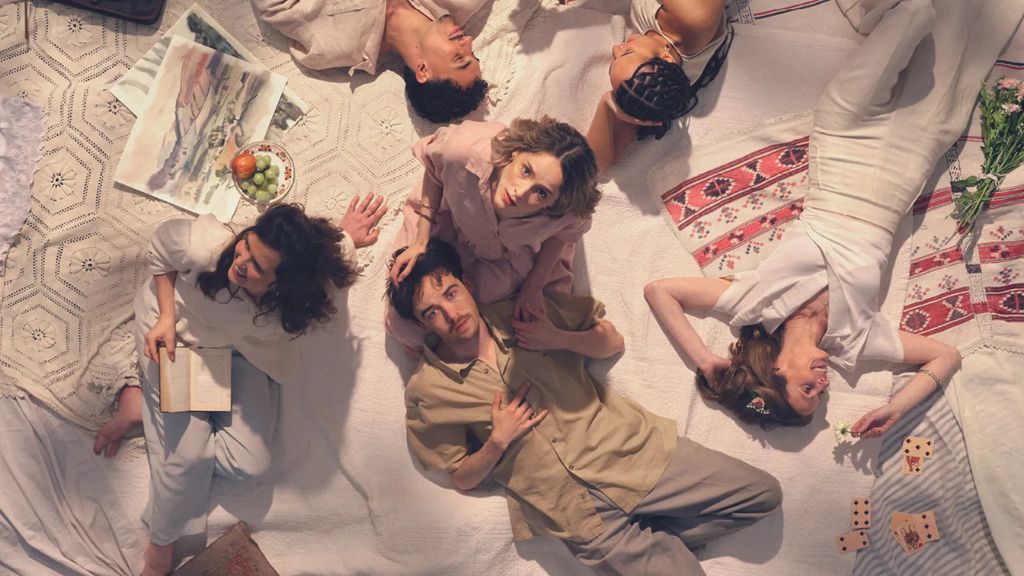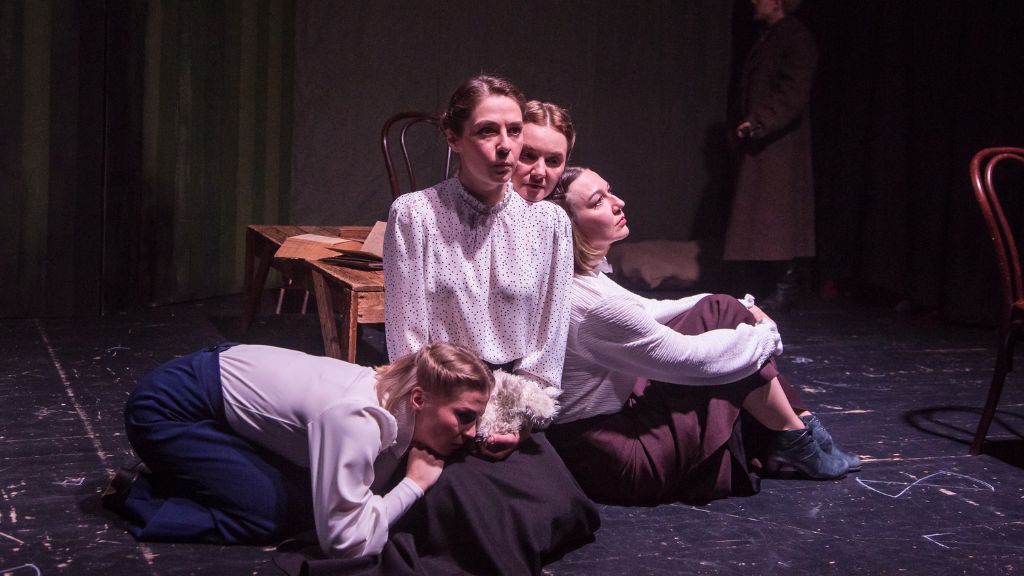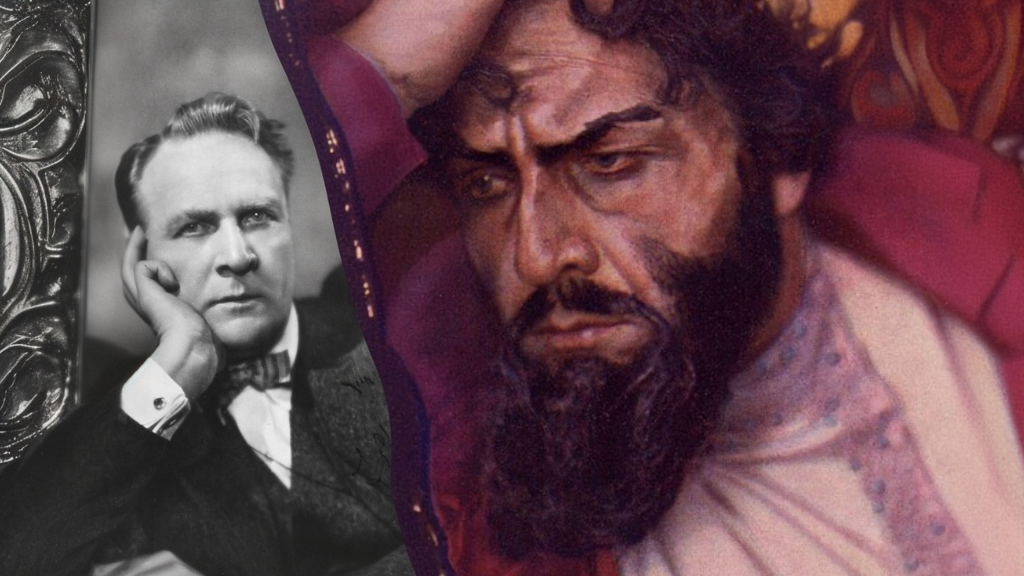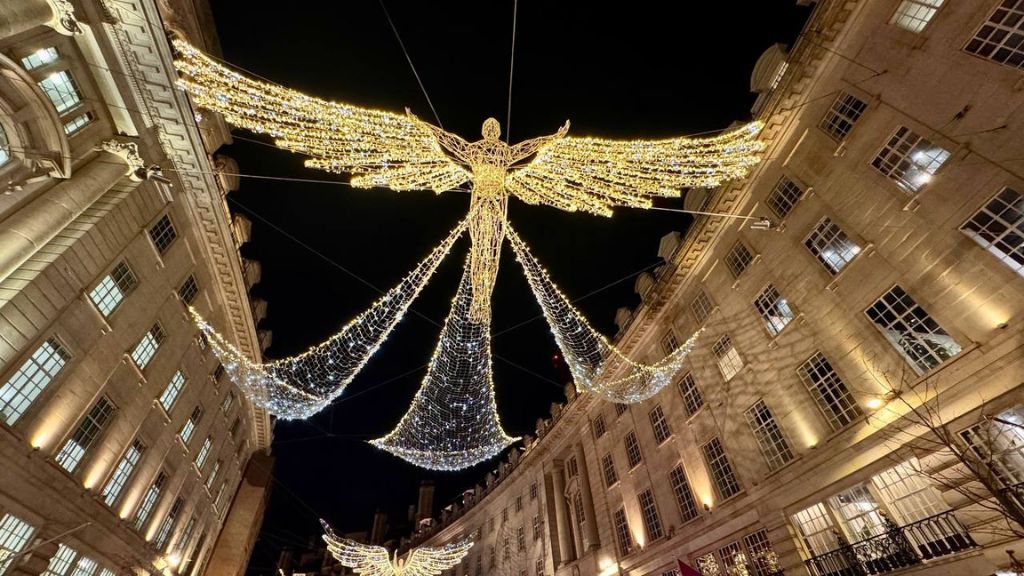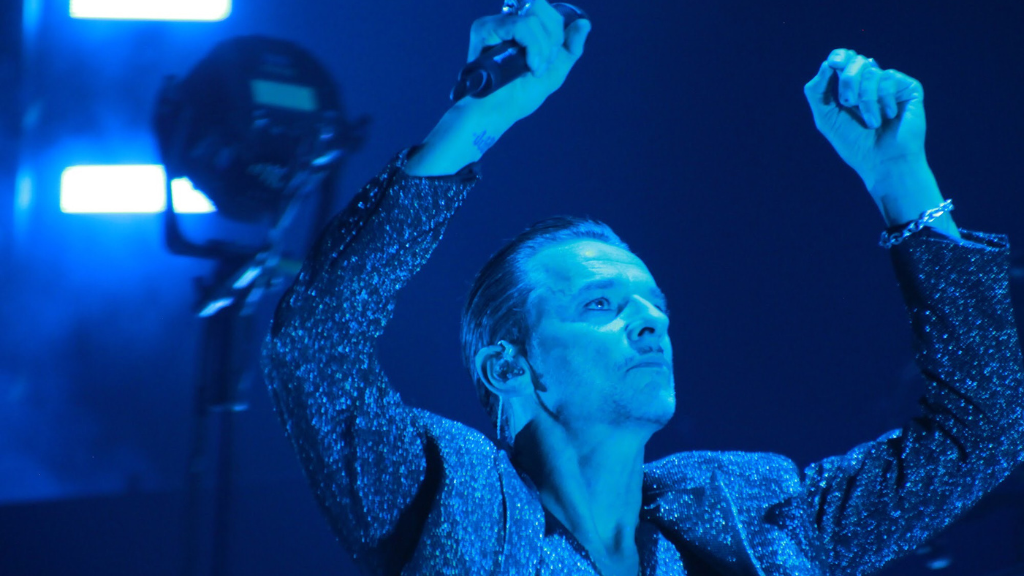
Dave Gahan and Depeche Mode: icons of British modernity
Afisha.London tells the story of the man whose voice has become a defining symbol of the British alternative scene – a voice that carried generations through heartbreaks, revolutions, and quiet moments of introspection. Dave Gahan, the unmistakable frontman of Depeche Mode, has travelled far from his turbulent upbringing in Essex to a position of near-mythic stature in global music. With millions of albums sold and perhaps as many devoted followers, Gahan’s story is one of reinvention, redemption, and remarkable resilience.
A restless youth
Born on 9 May 1962 in Epping, Essex, Gahan’s early life was anything but idyllic. His mother Sylvia worked on London buses; his father Len, too, was a driver. When Dave was just six months old, Len left. His mother later remarried a Shell employee, and the family relocated to Basildon.
It was there that David Callcott became Dave Gahan – adopting the surname of his stepfather, whom he believed to be his real dad until a surprise encounter at age nine revealed otherwise. One day, returning home from school, Dave found a stranger in the house. It was his biological father – briefly back before disappearing again, this time for good.
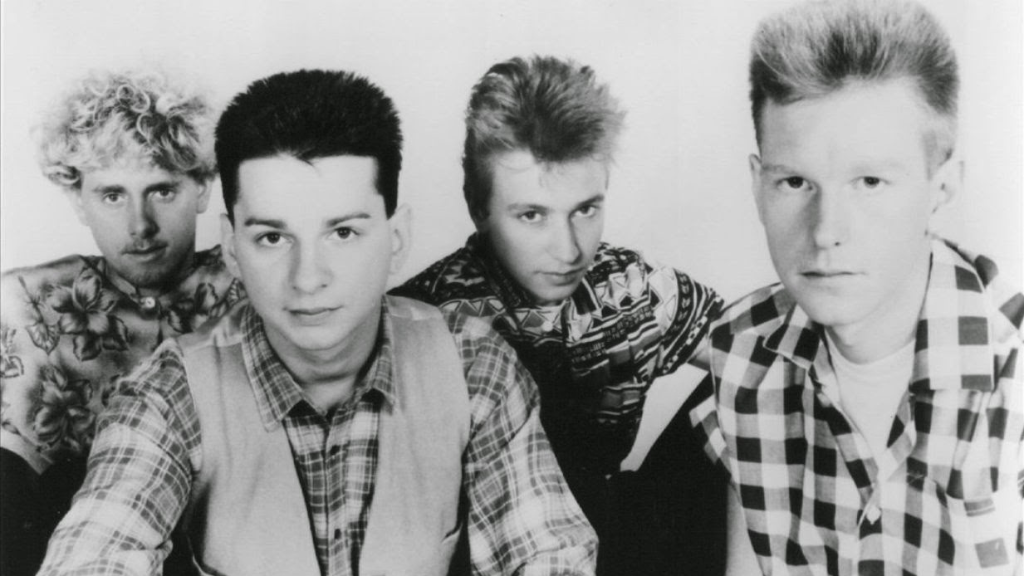
Depeche Mode, 1982. Photo: Distributed by Sire Records, Public domain, via Wikimedia Commons
School rarely held his interest. Gahan became known for skipping class, tagging walls, stealing cars and setting them alight. At 14, he got his first tattoo – inked by a sailor, no less. Multiple run-ins with the law followed, culminating in a court-ordered stint at a youth correctional centre. “If it wasn’t for music, I’d be in prison,” Gahan would later admit – and it’s no exaggeration.
Music as salvation
In 1977, at the dawn of punk, Dave enrolled at Southend Technical College to study fashion and graphic design. He tailored clothes for friends and frequented gigs by The Damned and Generation X. By day, he was a student; by night, a club regular. “I had a double life,” he recalled.
One night, he performed David Bowie’s “Heroes” at a local competition. In the audience sat Vince Clarke – a musician in search of a frontman. Clarke invited him to join his band, Composition of Sound. Gahan accepted. Depeche Mode was born. The name, borrowed from a French fashion magazine, loosely translates to “fashion update.”
Read also: 25 years of artistic experimentation: Tate Modern marks a landmark anniversary
Their debut album, Speak & Spell, arrived in 1981, followed by a string of near-annual releases: A Broken Frame, Construction Time Again, and Some Great Reward. The latter produced their first major hit, “People Are People.”
A curious detail: the single’s cover features a priest and a soldier holding a wreath. Neither was a band member. One of them was a young Hugh Grant, then working as a model.
- Cover of People are People. Photo: Mute Records
- Cover of Black Celebration. Photo: Mute Records
Into darkness
It was the band’s fifth album, Black Celebration (1986), that marked a turning point. At the production helm was Daniel Miller, a Werner Herzog devotee, who suggested the group work without breaks. Sixteen weeks of lockdown yielded a claustrophobic and atmospheric record.
“It’s a pretty heavy title,” Dave Gahan said. “It’s got nothing to do with book magic like most people think, it’s actually about how most people don’t have anything to celebrate. They go to work every day and then go down to the pub and drown their sorrows. That’s what it’s about, celebrating the end of another black day. I think it’s tragic that you have to compensate by just getting drunk, though I don’t think there’s anything unnatural about it. After all, we all do it from time to time.”
Many Depeche Mode music videos were directed by Anton Corbijn. We recommend checking out his book with photo collections of the band — you can order it here.
Highs and very deep lows
By the early 90s, Depeche Mode had become global icons. The 1990 release Violator propelled them into superstardom. But with fame came a steep personal descent. Gahan became addicted to heroin during the world tour. He left his wife and son – at the exact age his own father had left him.
Read also: How Diaghilev’s “Saisons Russes” influenced the European art world of the 20th century
On 5 April 1994, Kurt Cobain died. Depeche Mode were in Chile. “I had become a complete cliché of myself,” Gahan later admitted. “My first reaction was that I was angry. I was p*ssed off. I felt like he’d stolen my idea. Like he’d beaten me to it. That’s how f*cked up I was. I was really that gone.”
That same night, he drank with bandmate Martin Gore. During the conversation, Gore said something that stuck: music, he believed, came from God. But he needed Gahan to voice it. “I thought that was the most beautiful thing he had ever said to me. I mean, we were both in one of those ‘I love you’ modes, but it really stuck in my mind. Maybe I’m supposed to deliver some kind of message, you know?”
- Depeche Mode, 1985. Photo: Distributed by Sire Records. Photographer is unknown., Public domain, via Wikimedia Commons
- Martin Gore, 2009. Photo: Danny Darko at English Wikipedia, CC BY-SA 3.0, via Wikimedia Commons
Nine lives and counting
In Los Angeles, paramedics nicknamed Gahan “The Cat” – not for feline grace, but for the number of times he cheated death.
He suffered multiple near-fatal episodes in the 90s: a heart attack on stage, a suicide attempt, and in 1996, a heroin-cocaine overdose that stopped his heart for two minutes. “All I saw and all I felt at first was complete darkness. I’ve never been in a space that was blacker, and I remember feeling that whatever it was, it was really wrong. Then the next thing I remember was seeing myself on the floor, on the steps outside my hotel bathroom, and there was a lot of activity going on around me. In some ways it was very liberating. Then I came to and a cop was handcuffing me.” After rehab, he never touched drugs again.
In 2009, a cancerous tumour was found in his bladder. He collapsed before a show in Athens. The diagnosis felt like a death sentence, but the tumour was removed, and within two weeks, he was back on stage.
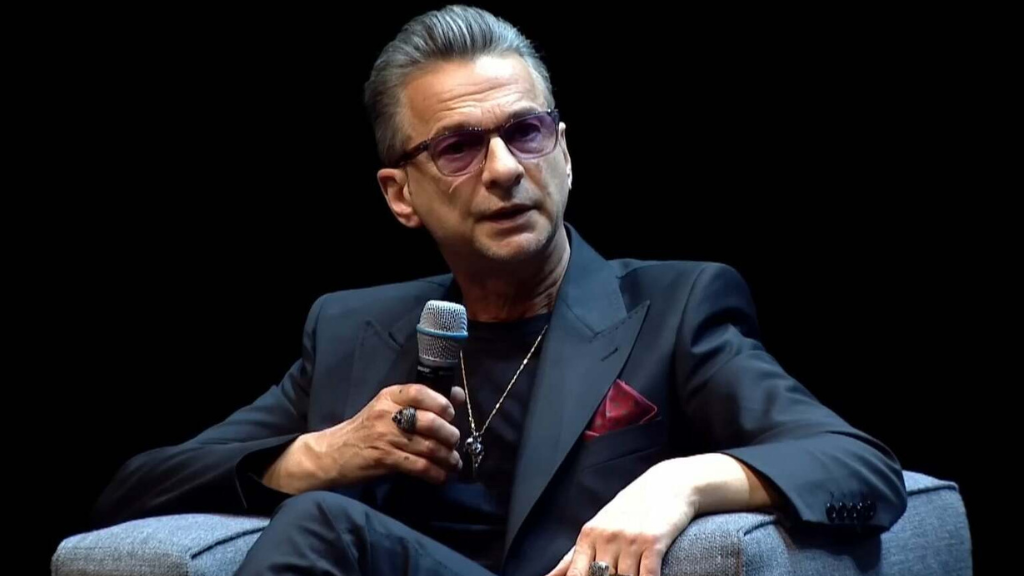
Dave Gahan, 2022. Photo: Depeche Mode, CC BY 3.0, via Wikimedia Commons
A voice that carries others
Post-recovery, Dave Gahan returned to music with a renewed sense of purpose. His solo records Paper Monsters and Hourglass read like personal manifestos. Collaborations with Soulsavers brought a spiritual edge. In 2021, they released Imposter, an album of covers reimagined as Gahan’s own confessions.
In 2022, tragedy struck: Andrew Fletcher, founding member of Depeche Mode, died suddenly from an aortic dissection. Gahan and Gore chose to carry on. “We found solace in what we know and love,” they wrote.
The result was Memento Mori (“Remember you must die”), their first record without Fletcher – a bittersweet farewell, but also a gesture of acceptance.
Afisha.London magazine attended the Depeche Mode concert in 2023 — part of the Memento Mori tour. You can see how it went in our video review:
Its lead single “Ghosts Again” dropped in February 2023, charting on both sides of the Atlantic. Gahan called it “the perfect mix of melancholy and light.” Gore said it was one of the few songs he could listen to over and over.
Today, at 63, Dave Gahan lives in New York. He’s been sober nearly three decades and continues to tour – sharing the voice that once died more than once, but chose to live.
For true fans, we recommend building a collection of their vinyl records — the incredible sound makes listening almost meditative.
“Some Great Reward” — buy here
“Black Celebration” — buy here
“Playing the Angel” — buy here
“Memento Mori” — buy here
Cover photo: Julio Enriquez from Denver,CO, USA, CC BY 2.0, via Wikimedia Commons
Read also:
Serge Lifar: reformer of the Paris Opera, the protégé of Sergei Diaghilev, and friend of Coco Chanel
‘Not Just an Exhibition – A Breakthrough’: Ilya and Emilia Kabakov at Tate Modern
SUBSCRIBE
Receive our digest once a week with quality Russian events and articles

